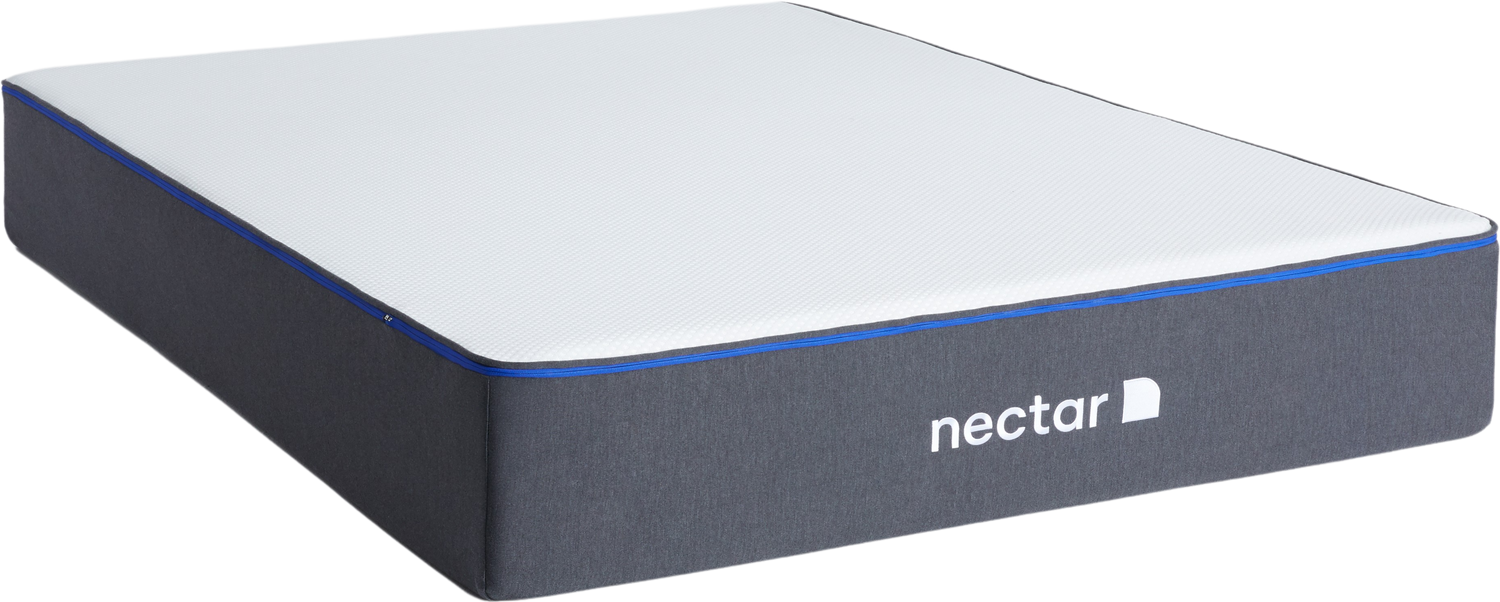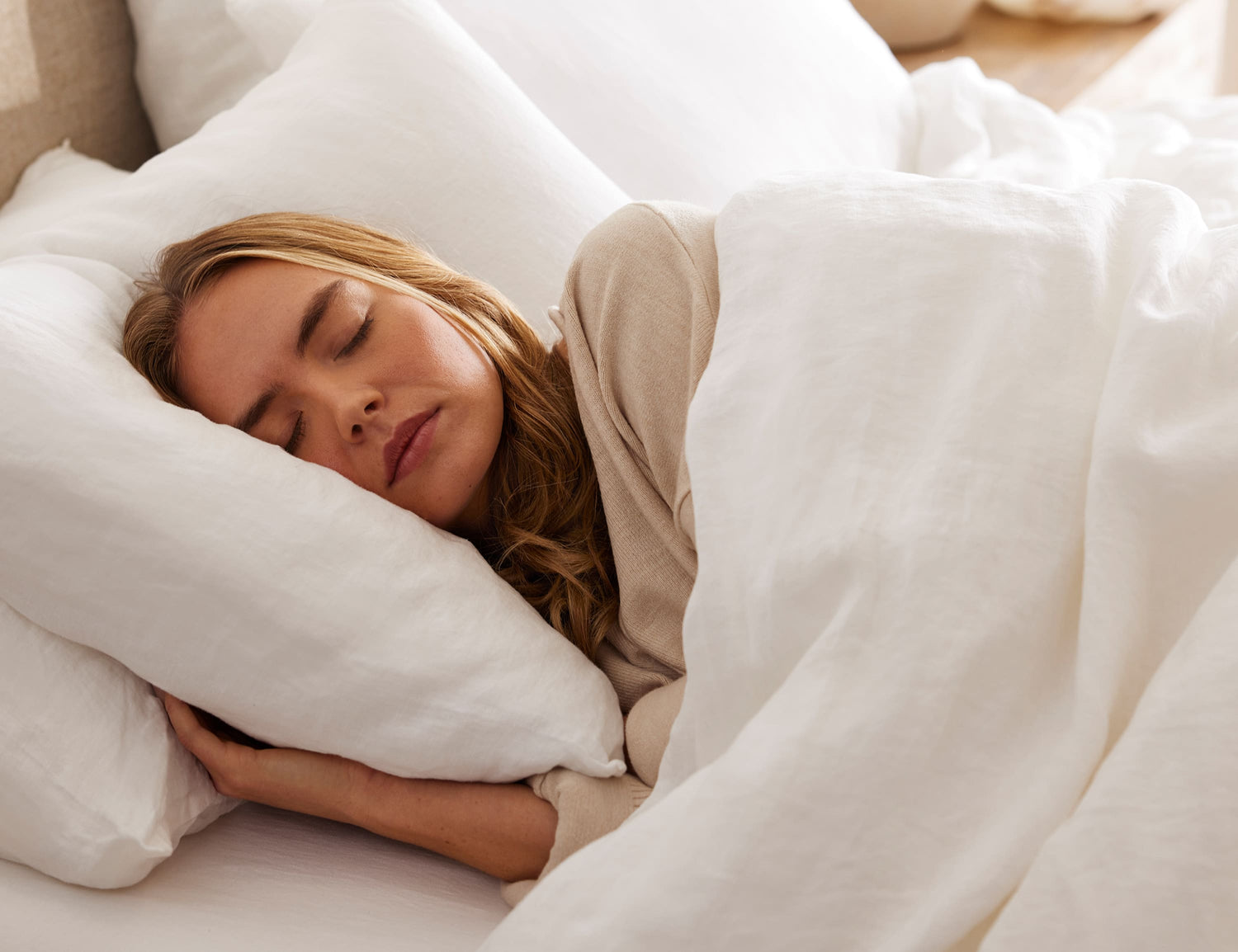Why Menopause Affects Sleep
Menopause is marked by a decline in estrogen and progesterone, two hormones that play key roles in regulating your sleep. Estrogen helps maintain the body’s temperature balance and influences serotonin levels, which affect mood and sleep cycles. Progesterone has a mild sedative effect that can support sleep. When these hormones fluctuate or drop, it can disrupt your natural sleep-wake cycle, leaving you struggling to fall asleep, stay asleep, or feel rested.
Other factors that can worsen menopause sleep problems include:
-
Stress and anxiety
-
Lifestyle habits such as late caffeine or alcohol consumption
-
Medical conditions, like thyroid imbalances or sleep apnea
-
Poor sleep environment
Common Menopause Sleep Problems
1. Insomnia
Insomnia is a frequent complaint, and it goes beyond just lying awake. It includes difficulty falling asleep, waking up frequently during the night, or waking up too early and being unable to return to sleep. Nighttime awakenings can be triggered by hot flashes, night sweats, stress, or hormonal fluctuations.
2. Night Sweats
Night sweats are sudden bursts of sweating that can drench your sheets and make it nearly impossible to stay comfortable. They’re caused by changes in your body’s temperature regulation due to hormonal shifts. Even if you fall asleep easily, night sweats can wake you repeatedly, leading to sleep fragmentation.
3. Hot Flashes
Hot flashes aren’t just a daytime issue — they often strike at night. Sudden heat surges can leave you tossing and turning, making it hard to get restorative sleep. They’re closely linked with night sweats and can make insomnia worse.
4. Sleeping Too Much
Some women experience the opposite problem: excessive sleepiness. Sleeping longer than usual, feeling groggy even after a full night, or needing multiple naps can occur. This is often linked to poor sleep quality at night, hormonal changes, or lifestyle factors. While it may seem like more sleep would help, it can actually disrupt your natural sleep rhythm and leave you feeling off-balance.
5. Restless Sleep and Fatigue
Even without obvious symptoms like hot flashes, many women report restless nights. Tossing, turning, and frequent awakenings can reduce sleep quality and lead to daytime fatigue, irritability, and difficulty concentrating.
How Menopause Sleep Problems Affect Your Life
Chronic sleep disruption doesn’t just affect your energy levels. Poor sleep can impact mood, cognitive function, heart health, metabolism, and bone health. Over time, it can contribute to stress, anxiety, and overall reduced quality of life. This is why addressing menopause-related sleep problems is so important — for comfort, health, and wellbeing.
Strategies to Improve Sleep During Menopause
While hormonal changes are inevitable, there are effective ways to improve sleep quality:
-
Choose the right mattress and bedding – A supportive, breathable mattress can help regulate temperature and relieve pressure. Mattresses (like Nectar) with MTick certification are specifically assessed for menopause-related sleep issues, including hot flashes and night sweats.
-
Keep your bedroom cool – Lower room temperature and lightweight bedding can reduce night sweats and hot flashes.
-
Maintain a consistent sleep schedule – Going to bed and waking up at the same time helps regulate your body’s internal clock.
-
Relaxation techniques – Meditation, gentle stretching, or a warm shower can calm the body and mind before sleep.
-
Limit stimulants and alcohol – Caffeine, alcohol, and heavy meals close to bedtime can interfere with falling and staying asleep.
-
Stay active during the day – Regular exercise supports circadian rhythm and improves sleep quality.
When to Seek Professional Help
If menopause sleep problems persist despite lifestyle adjustments, it may be time to consult a healthcare professional. They can help identify underlying conditions, offer guidance on symptom management, and discuss treatment options if needed.
Takeaway
Menopause sleep problems are common, but they don’t have to take over your nights. Understanding the causes — from hormonal changes to hot flashes, night sweats, insomnia, and excessive sleepiness — helps you take targeted action. With the right strategies, including a supportive mattress, a cool sleep environment, and a consistent bedtime routine, you can improve your sleep quality and wake up feeling more refreshed, rested, and ready to face the day.
Looking for a mattress designed to tackle menopause sleep challenges? Our sleep experts can help you find the perfect option to stay cool, comfortable, and supported all night long.
This blog post is for informational purposes only and does not constitute medical advice. If you have concerns about your sleep, health, or wellbeing, please consult your GP or a qualified healthcare professional. The views expressed in this post are those of the author and are intended to share general insights, not to diagnose or treat any condition.




